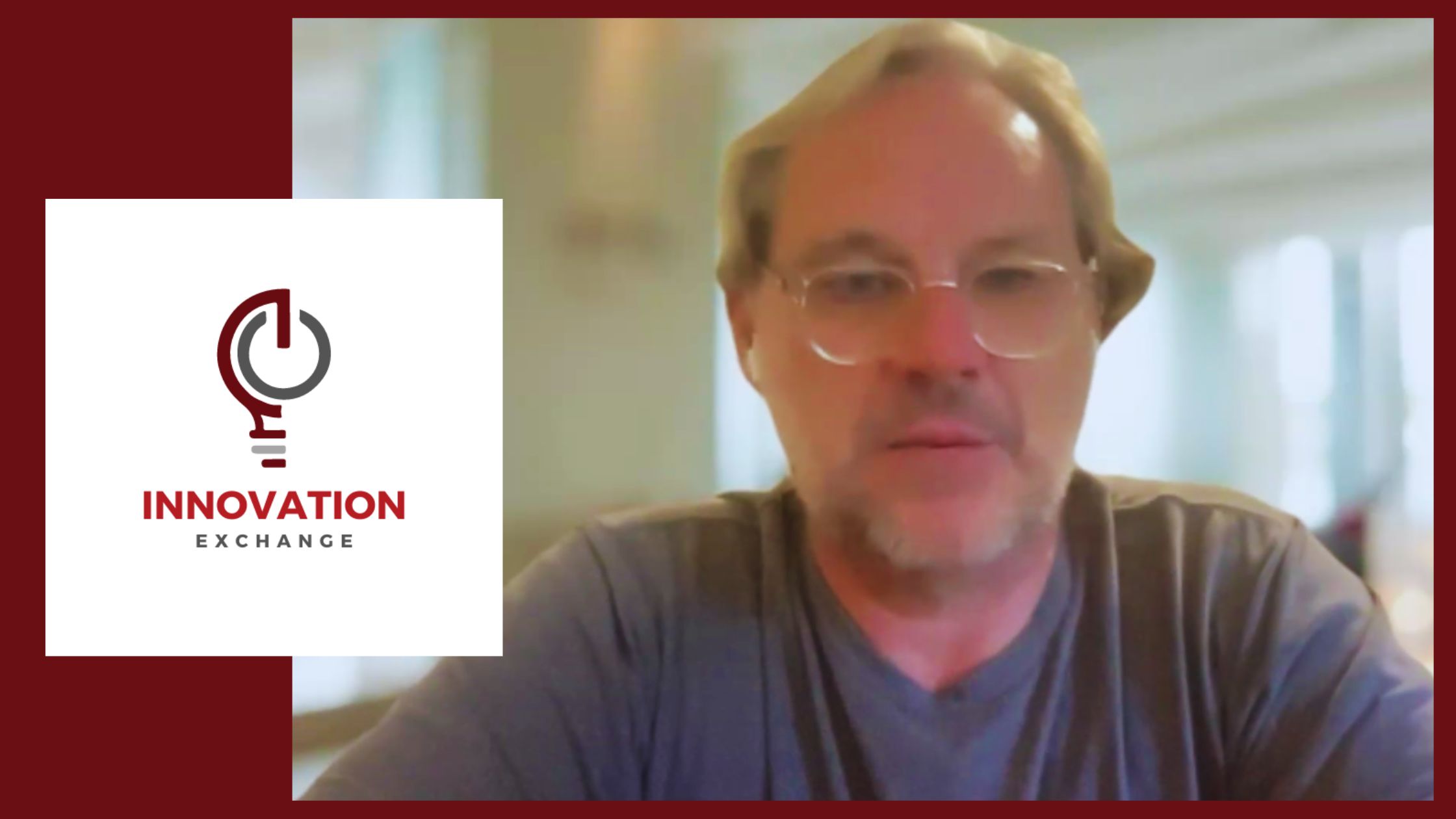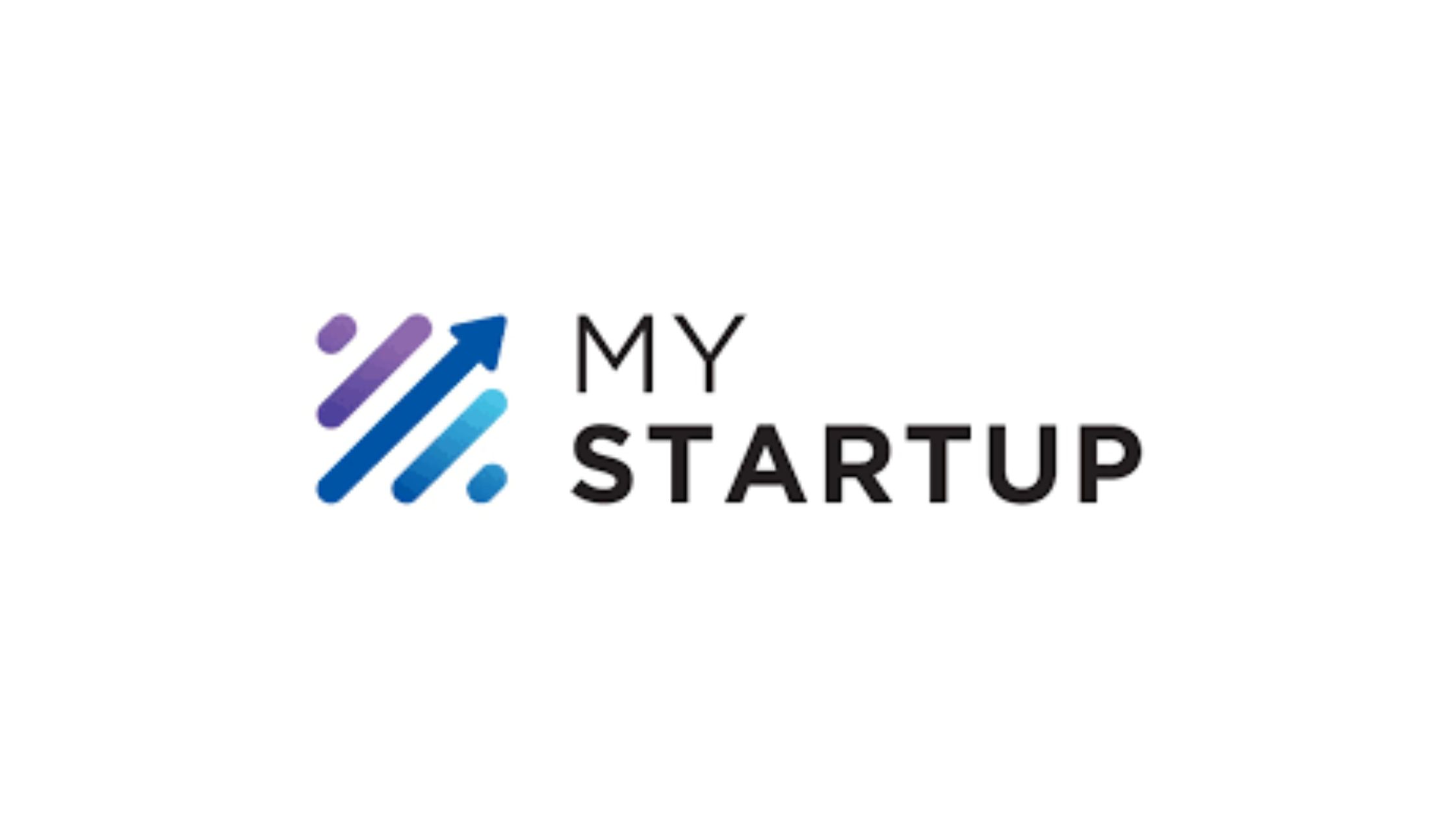AsiaTechDaily – Asia's Leading Tech and Startup Media Platform

Lay groundwork first before selling to investors: Draper Associates’ James Walker tells pitching founders
Startup founders wanting to pitch to investors to raise money should not get into the “sell now” part of the conversation immediately but must instead lay the groundwork first, according to James Walker, Investor and Counsel at Draper Associates.
Founders, Walker added, should begin with being clear and upfront with what they are building and the progress they have made so far. This way, potential investors will have an idea of what the business is and what they will be investing into.
“Too often, I see pitches where founders get right into “sell now” mode before the investors even know what they’re being asked to buy,” Walker told AsiaTechDaily.
Draper Associates is a venture capital firm founded in 1985 by billionaire investor Tim Draper. It has funded some of the well-known global tech companies, including Hotmail, Skype, Baidu, Tesla, SpaceX, Twitch, Cruise, Carta, Webflow, Robinhood, and Coinbase.
Based in Silicon Valley, Draper Associates is well known for being entrepreneur friendly, and supporting entrepreneurs through thick and thin, and for the long haul.
In an interaction with this portal, Walker talks about Draper’s investment range, the sector its focuses on, and his advice to founders who get the chance to meet potential investors. Below is the edited excerpt:
What background and domain expertise do you have? And when did you first think about starting a fund?
I first worked as an emerging companies attorney at the Silicon Valley Office of Latham & Watkins. While I enjoyed working closely with entrepreneurs and venture capital firms, I wanted a more active role in the process and so enrolled at Columbia Business School. After graduation, I joined Tim Draper at Draper Associates where I serve as both internal counsel and investor.
I’ve found that my legal background gives me a pragmatic grounding as an investor, helping me provide guidance to our portfolio companies while appreciating what deal terms are best suited to meet everyone’s goals.
What types of companies/sectors do you look to invest in? and What’s your mental model for investing?
We’re sector agnostic and typically come in at the seed stage. This means we’re betting primarily on the strength of the founding team, their experience and personalities and our shared vision for the market they are pursuing.
What is your typical investment range and how many startups do you invest in per year in general? Additionally, can overseas headquartered startups get funding from you?
Draper Associates generally writes $1 million checks, investing in 20 – 30 companies per year. We invest in companies all over the world. However, we have a strong preference for companies that are incorporated (or willing to incorporate) in Delaware.
Foreign corporate governance can be complicated for US VC firms, and investing in foreign entities can be more costly for all parties involved. Thankfully, we’re seeing more and more businesses helping companies flip to Delaware as part of the investment process.
What would be the KPI that you usually check about the startups’ growth? It may be diverse in each industry like LTV, CAC, MoM, etc. but it will be helpful to understand more about your additional investment factors.
We don’t have hard and fast rules around metrics at our stage. Rather, we want to see traction in any form, whether it’s revenue, user growth or just consistent development of the product.
What mistakes do you see founders make when raising money?
My biggest advice to founders when pitching is to be clear and up front with what they’re building and what progress they’ve made so far. Too often I see pitches where founders get right into “sell now” mode before the investors even know what they’re being asked to buy.
If you get the sense that you’re talking to a used car salesman, then the natural inclination is to get your guard up and start looking for holes. There’s plenty of room for persuasion and passion when seeing capital, but I think it’s important to lay the groundwork first so that it doesn’t look like you’re hiding something.
What’s your advice to entrepreneurs who have a chance to meet investors like you? What are the top 3 questions that you always ask the founders?
I like to know (i) why you/your team are the right ones to build this business, (ii) what you’re going to build that will be better/more defensible/completely new versus what currently exists and (iii) what your business would look like in your wildest dreams.
Given we’re investing at the seed stage, we want to bet on companies that can scale into behemoths. So, while the near-term traction and road map is important, it’s equally crucial that we can buy in to the founder’s long-term vision for how they’ll transform their industry.
What are the top-three books, movies (TV series) or podcast episodes that changed your life and why?
Watership Down, by Richard Adams, is my favorite book and one that solidified my love for animals.
What are the top- three life lessons that you want your (future) sons and daughters to know?
Be kind, be curious and be resilient.





